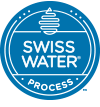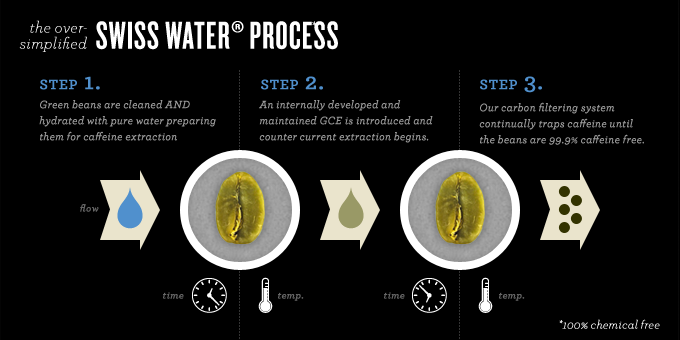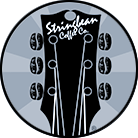Brewing
Fair Trade Certified
is your independent guarantee that the Fair Trade Certified™ coffee used has been certified in accordance with International Fair Trade Standards.
Every cup of coffee matters more than you think. Your everyday purchases of Fair Trade Certified™ coffee enables farmers and workers in developing countries to improve their working and living conditions and make a better living through fair prices, community development and environmental stewardship.

Rainforest Alliance Certified
The Rainforest Alliance works to conserve biodiversity and ensure sustainable livelihoods by transforming land-use practices, business practices and consumer behavior. Rainforest Alliance sets standards for sustainability that conserve wildlife and the environment and promote the well-being of their communities.
Our Favorite Brewing Guides & Tips
Coffee-to-water brew ratio
You found Stringbean Coffee, love coffee, got...
Two Yummy Cold Brew Coffee Drinks To Try This Summer
We’ve been busy crafting delicious coffee drinks and found two that you absolutely must try this summer, The Cold Brew Fizz and Pete’s Caribbean Coffee Cooler!
Should I Buy Ground Coffee Beans or Whole Coffee Beans?
Would you buy stale coffee? Of course not! Not intentionally. However, if you’ve ever purchased pre-ground coffee (and who hasn’t?) you’ve most certainly bought stale coffee. Find out exactly what happens after coffee beans are ground and what the difference is between whole bean and pre-ground coffee beans!
Cascara – Edible Brewable Coffee Fruit
Stringbean Coffee Cascara Cascara which means...
A Patient Practice: The Stringbean Pour Over Guide
The pour over method of brewing coffee is relatively simple and accessible, requiring patience and focus, but no complicated equipment or tricky techniques. Start with high-quality, freshly ground Stringbean Coffee beans, and you’ll end up with a delicious cup of java similar in strength to a bold brew in a regular electric drip coffee maker.
Brewing Guide: AeroPress
A new addition to the home brewing scene, the AeroPress is a fast, convenient way to brew espresso strength coffee in the comfort of your own home.
Swiss Water Process
100% chemical-free decaffeination process.
 Most decaffeinated coffee uses chemical solvents such as methylene chloride or ethyl acetate to strip caffeine molecules from the green coffee bean. However, the proprietary Swiss Water® Process uses water from the pristine environment of the coast mountains of British Columbia, Canada to gently remove the caffeine until the coffee beans are 99.9% caffeine-free. This maintains the bean’s distinctive origin and flavor characteristics. The SWISS WATER® Process is a taste-driven, 100% chemical-free decaffeination process that protects the unique origin characteristics and flavor of premium coffee beans.
Most decaffeinated coffee uses chemical solvents such as methylene chloride or ethyl acetate to strip caffeine molecules from the green coffee bean. However, the proprietary Swiss Water® Process uses water from the pristine environment of the coast mountains of British Columbia, Canada to gently remove the caffeine until the coffee beans are 99.9% caffeine-free. This maintains the bean’s distinctive origin and flavor characteristics. The SWISS WATER® Process is a taste-driven, 100% chemical-free decaffeination process that protects the unique origin characteristics and flavor of premium coffee beans.
Our ecology-friendly water decaffeination process uses simple science to remove caffeine from green coffee beans. Still, it’s a bit more complicated than your average high school science class, so in short let’s just say you’re getting all the things you love about coffee without the caffeine. But let’s consult this fancy flow chart.

(graphic provided by the Swiss Water®)
People drink decaffeinated coffee for a variety of reasons. However, it’s important to know that decaffeination methods vary. Most use chemical solvents such as methylene chloride or ethyl acetate to strip caffeine molecules from the green coffee bean. And some leave behind more caffeine than you would think.
How do you know how your coffee is decaffeinated? This is difficult unless the coffee package labeling identifies the method or process. Coffee brands using Swiss Water® Process communicate their decaffeination choice by use of the Swiss Water® Process seal or wordmark.
It’s a way to help you know. Total science geek? Check out the hyper-detailed description of the process.
Watch this video that explains the Swiss Water® Decaffeination Process
Trade-marks of Swiss Water Decaffeinated Coffee Company Inc., used under license by Stringbeans, LLC.
